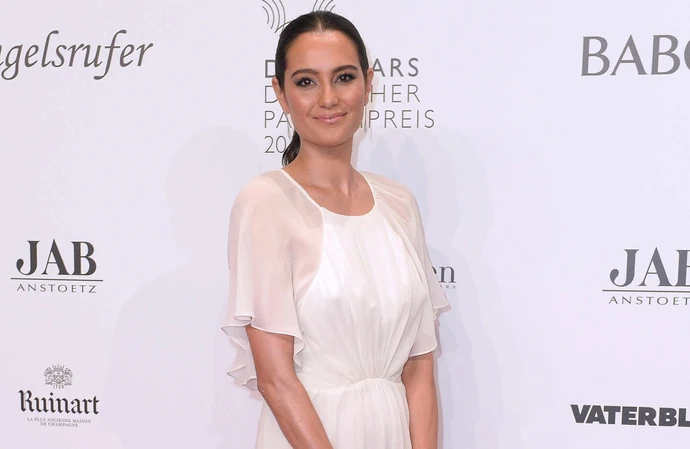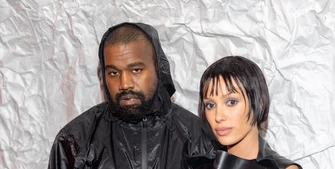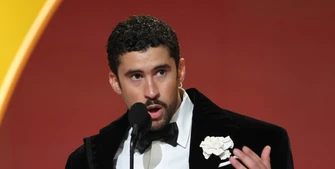Bruce Wills' wife Emma has 'so much to be grateful for' despite actor's dementia diagnosis
Emma Heming Willis has "so much to be grateful for" despite her husband Bruce Willis' ongoing health battle.

Emma Heming Willis has insisted there is "so much to be grateful for" despite her husband Bruce Willis' health battle.
The 68-year-old 'Die Hard' actor's family public revealed last year he had been diagnosed with frontotemporal dementia - a degenerative neurological condition causes which causes changes in personality, behaviour, and language - and his wife has opened up on the joy she gets from raising their daughters Mabel, 12, and nine-year-old Evelyn.
She told E! News: "I'm doing something that I'm super passionate about that gets me up out of bed.
"I get to be a mother to two incredible young girls. There's really so much to be grateful for and so many things that I'm happy about."
The 45-year-old model is also glad to be giving back and raising awareness about brain health by co-founding Make Time Wellness, which is a supplement line aimed at women to support their bodies, brains and beauty.
She added: "I've learned so much on this journey. I've been able to tap into some incredible resources, experts and specialists.
"It's been important for me to be able to pass that information onto the next care partner, next woman, anyone that is looking to turn pain into purpose."
Emma wants to encourage other people to focus on their brain, and then reap the benefits elsewhere in their life.
She explained: "Prioritise with your brain, and the rest of your body will benefit... Sleep is something I prioritise.
"Exercise is really important as well. It's not anything sort of out of the norm.
"It's not anything that we already don't know. It's just thinking about it in a different way."
Meanwhile, Emma recently rubbished the notion there is "no joy" in her marriage to Bruce following her diagnosis after an online article implied otherwise.
She posted a video on Instagram refuting the claims and explained: "Now, I can just tell you, that is far from the truth. I need society – and whoever’s writing these stupid headlines – to stop scaring people. Stop scaring people to think that once they get a diagnosis of some kind of neurocognitive disease that that’s it. ‘It’s over. Let’s pack it up. We’re - Nothing else to see here. We’re done.’ No."
She added: "There is grief and sadness. There’s all of that. But you start a new chapter [it's] with love, it’s filled with connection, it’s filled with joy, it’s filled with happiness."




